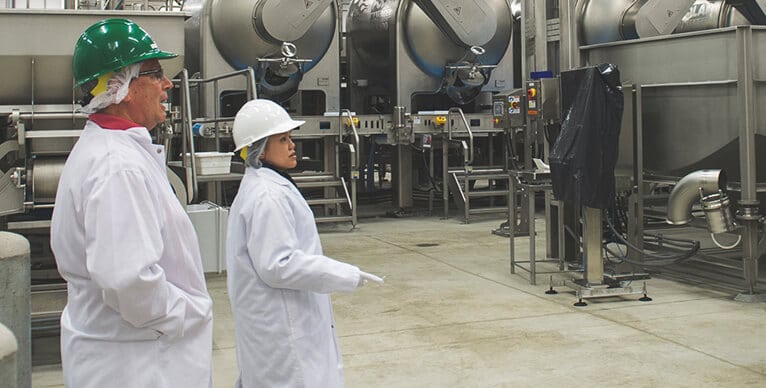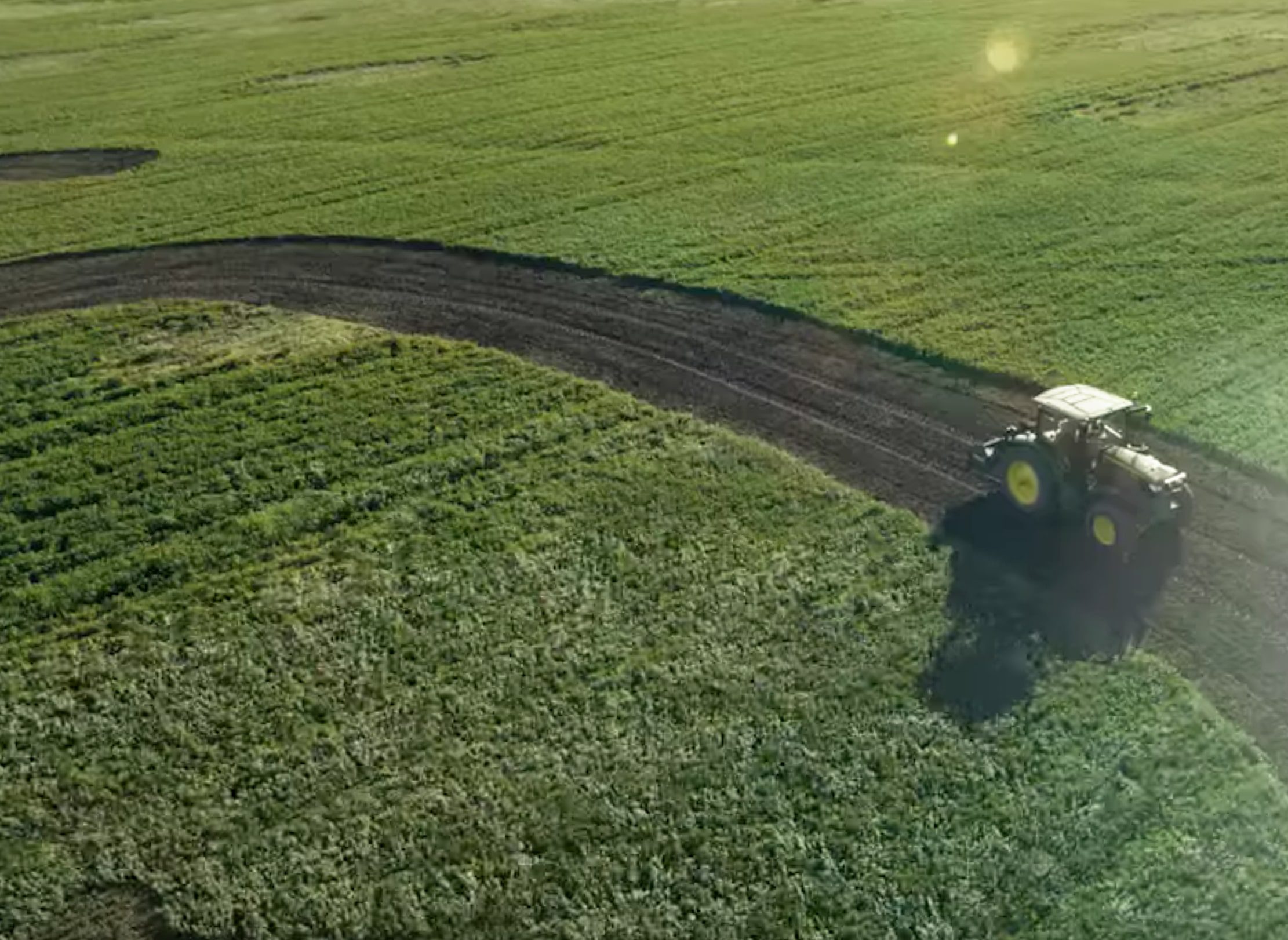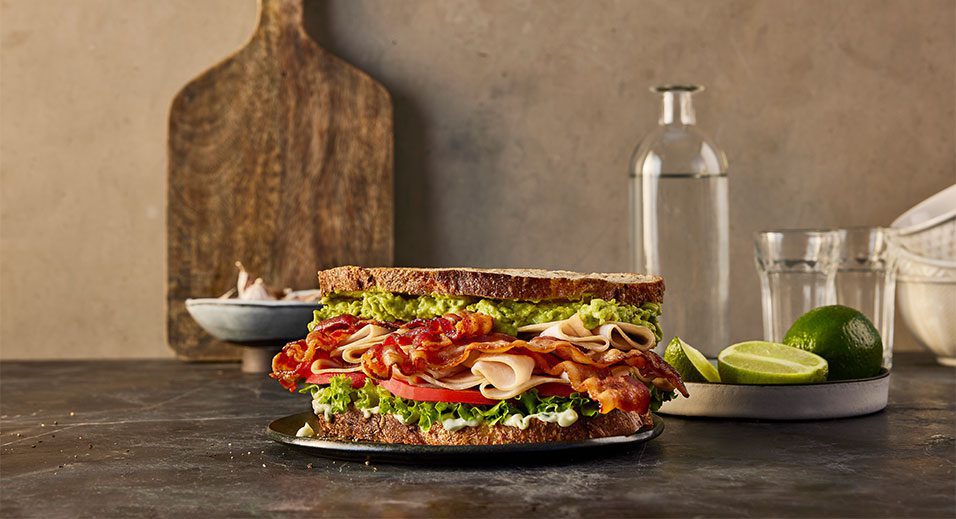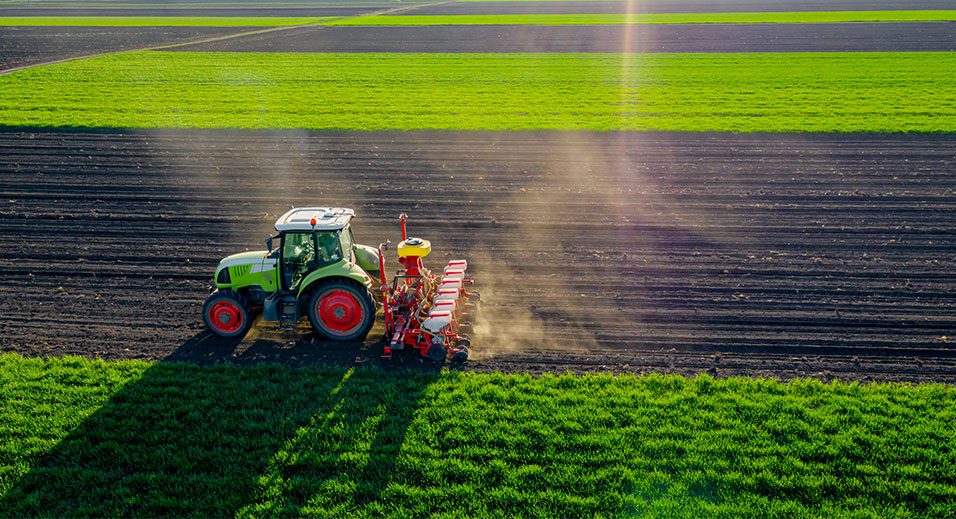Of the 18 hottest years ever recorded, all but one has occurred since 2000. Carbon dioxide in the atmosphere has risen to 400 parts per million (ppm) and is increasing 2 ppm annually. The burning of fossil fuels for power and heat, as well as transportation, is a major contributor to the greenhouse gases (GHGs) driving climate change. Livestock production is also contributing to GHG emissions – 15 percent of the total – while representing up to 75 percent of all agricultural land use.
"We are driven by a collective passion to reduce our environmental impact."
As the global population and demand for animal-based proteins increase, our already overtaxed food system – and our environment as a whole – will be under even more pressure. It’s clear, then, that the food sector is a chief protagonist in addressing the impacts of climate change.
At Maple Leaf Foods, we believe that the world’s food system can meet the increasing global demand for food while decreasing its associated environmental footprint. In fact, implementing innovative practices geared toward long-term sustainability is one of the most important ways we can create shared value for our planet and our business.


We have put into place numerous initiatives across our operations to advance our 50 percent reduction goal. For example, we conducted utility audits in each of our facilities, and we have developed comprehensive environmental sustainability action plans to get us to our goals in 2025.
In developing our plans, we identified numerous energy, water and waste reduction opportunities across our facilities. We established lighting, heat recovery, water use reduction, and organics diversion as priorities, due to their high-positive impact on reducing our overall footprint.
Since our 2014 baseline, our action plans have already helped us reduce energy and water consumption by 27.6 percent and 20.9 percent, respectively. We have also reduced our CO2 emissions by 33.2 percent, which corresponds to 84,564 tonnes in volume. That’s equivalent to emissions from over 17,000 cars driven over the course of a single year.
“We have made a huge stride towards our goal in the last couple of years, with a significant reduction to our energy, water and waste footprint,” explains Tim Faveri, vice president of sustainability and shared value at Maple Leaf Foods. “While there is still much work to be done, I am very proud of our commitment and efforts to meet our sustainability goals.”
According to Faveri, our environmental goals are driven by a collective passion to reduce our impact on the environment, while contributing to the sustainable growth of Maple Leaf Foods.
“Reducing our environmental impact is a big part of becoming the most sustainable protein company on earth,” he says. “It’s one of the key ways we can Raise the Good in Food.”




